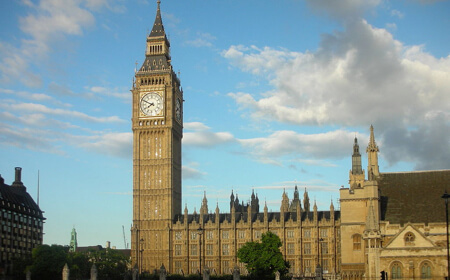As we step into the realm of politics in 2023, the global landscape is marked by a tapestry of challenges, opportunities, and evolving dynamics. Political landscapes are shaped by a myriad of factors, including socio-economic changes, technological advancements, and shifting geopolitical alliances. In this article, we will explore some of the key trends and issues that define the political arena in 2023.
Global Geopolitical Shifts:
The geopolitical stage is witnessing significant shifts that are redefining international relations. Traditional power dynamics are being challenged, and emerging players are asserting themselves on the global stage. The rise of new economic powerhouses and the evolving nature of alliances present both challenges and opportunities for political leaders worldwide.
Technology and Politics:
The integration of technology into political processes continues to transform the way governments operate and interact with their citizens. From the use of artificial intelligence in policy-making to the impact of social media on public opinion, technology is reshaping the political landscape. The challenge lies in harnessing these tools responsibly while addressing concerns related to privacy, misinformation, and cyber threats.
Climate Change and Environmental Policies:
The urgency of addressing climate change is a central theme in the political discourse of 2023. Governments are under increasing pressure to implement comprehensive environmental policies, with a focus on sustainability, renewable energy, and conservation. The ability of political leaders to navigate the complexities of environmental issues will have a lasting impact on the well-being of the planet.
Social Justice and Inclusivity:
Issues of social justice and inclusivity are at the forefront of political agendas around the world. Movements advocating for equality, diversity, and human rights are influencing policy decisions. Political leaders are challenged to address systemic inequalities and foster environments that promote inclusivity and social cohesion.
Pandemic Recovery:
The global community continues to grapple with the aftermath of the COVID-19 pandemic. Political leaders face the dual challenge of managing public health concerns and steering economies towards recovery. The effectiveness of pandemic response strategies and economic recovery plans will shape the public’s perception of political leadership.
Elections and Democratic Processes:
Elections in 2023 are crucial moments for democracies worldwide. The integrity of electoral processes, the protection of democratic institutions, and the engagement of citizens in political decision-making are paramount. Political leaders must navigate the delicate balance between representing their constituents and upholding democratic values.
Security Challenges:
Security concerns, both traditional and emerging, remain a top priority for governments. From geopolitical tensions to cyber threats, political leaders must address a diverse range of security challenges. Collaborative international efforts and innovative approaches are essential to ensuring global stability.
Conclusion:
The political landscape of 2023 is dynamic and multifaceted, reflecting the complex interplay of global forces. Political leaders face the challenge of adapting to change, addressing pressing issues, and fostering a sense of stability in an ever-evolving world. The decisions made in 2023 will shape the trajectory of nations and have lasting implications for future generations. As we navigate the political landscape of this year, a commitment to collaboration, innovation, and the well-being of citizens will be crucial for building a resilient and sustainable future.


